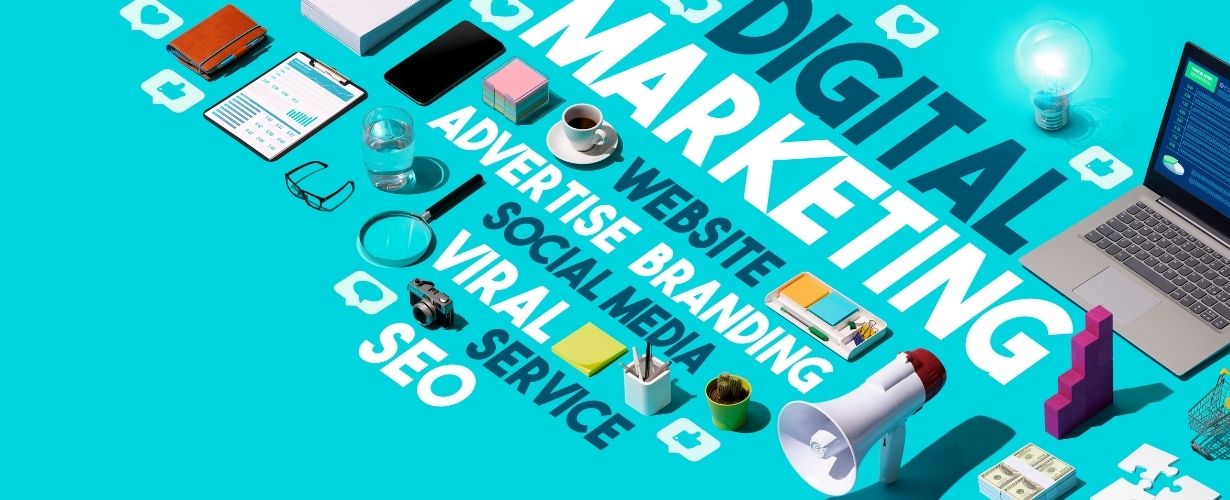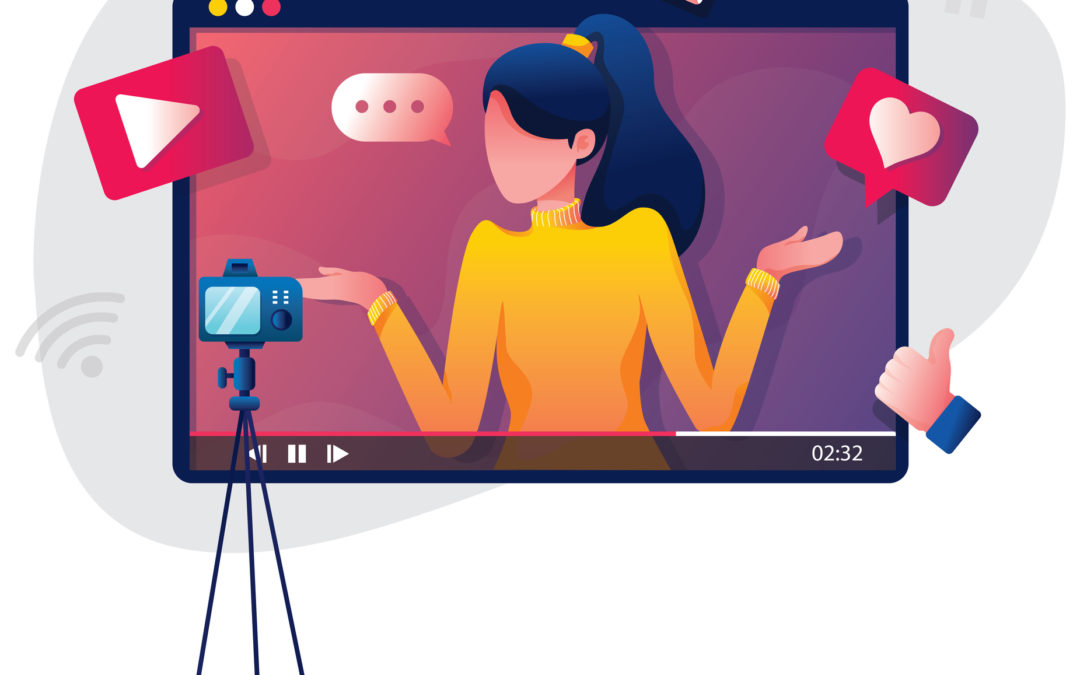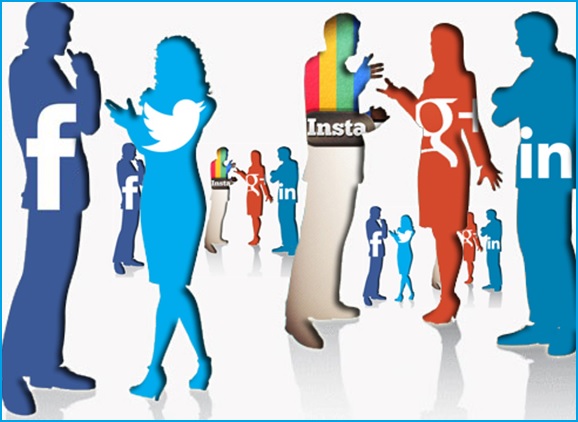Despite constant evolution and change, digital marketing is likely to undergo dramatic changes in 2022. The future of digital marketing must not only be planned for, but also leveraged. These are the top 10 digital marketing trends to watch in 2023 and how you can take advantage of them.

Privacy poses a challenge to advertising.
Data is heavily reliant on modern digital advertisements in order to optimize them automatically. As a result of recent privacy regulations like the iOS update and pending cookie removal, artificial intelligence has utilized fewer data points.
In the cookie crumbling era, companies will need to innovate how they use first-party data to drive brand equity. We know that for brands to gather insights about consumers in the future, first-party data will be the way forward as we shift away from third-party data. Consumer trust will be built by companies that prioritize building brand equity in a cookie-less world. Consumers will lose trust in these businesses if data is not used and accounted for properly by these businesses.
As a result, we can expect these brands to pay more attention to how they use, protect, and steward customer data. In particular, they will ensure all customer data stays inside the organization, becoming increasingly reluctant to outsource it.
Companies should be proactive in assessing the impact of these changes on advertising.

Increasing strategic thinking among marketers.
As automation, artificial intelligence, and machine learning automate more and more digital marketing tasks, marketers must become more strategic. As digital marketing options grow, marketers must become more strategic.
Business outcomes are now driven by digital transformation. In order to keep up with the pace of change, you need to accelerate your digital maturity to increase revenue, sales, volume, profit, and gain new business.
Customer connections between companies and their customers are becoming increasingly digital. The CMO Survey's Highlights and Insights Report of August 2021 reported that 58% of marketing budgets are spent on digital marketing activities.
77.4% of firms now invest in website optimization, and 69.0% in digital media and search, according to the CMO Survey report. "These investments indicate that companies are pursuing digital marketing and sales channels on the internet."
It is important for marketers to think strategically in order to focus on what really drives their business growth
Meta is everywhere.
The name of Facebook has officially changed to Meta. Even though naming a company after its parent company makes sense (remember when Google became Alphabet?), the choice is what counts. The Metaverse is a term for virtual and augmented experiences, and Facebook is gambling big on it. It represents what the web will look like in the future.
Metaverses are taking hold on the internet with the rise of virtual reality (VR) and augmented reality (AR). According to estimates, approximately 85 million users will experience AR or VR at least once a month by 2021. Despite not being precisely what sci-fi stories have depicted it to be, the Metaverse is still providing unimaginable value as a new computing platform.
It is safe to assume Facebook/Meta will continue to dominate the marketing landscape.

Influencers are on the rise (even in B2B).
According to forecasts, influencer marketing will reach $13.8 billion by 2023 and continue to grow. The context and relevance of influencer campaigns is inherently provided since the influencer is endorsing the product. As well as B2C brands, B2B brands continue to embrace influencers - Adobe, SAP, GE and PWC have all embraced this trend.
Today, consumers are seeking the easiest method to shop for the things they need in a world of constant distractions and responsibilities. Nevertheless, brand loyalty is on the decline. Since the onset of the pandemic, McKinsey reports that 73% of US consumers and 63% of UK consumers have changed their buying habits. Consequently, people are less likely to default to brands as a result of the pandemic. As a result of the changes in routine, new shopping habits have also emerged, with a preference for digital purchases.
It is not all bad news that brands are losing customers. The seamless shopping journey offers brands the opportunity to convert new customers. With consumers' attention focused on different stages of the shopping journey, brands that can speak directly to them on the appropriate channel (whether that is social, via a mobile app, or via a website) will undoubtedly be able to attract new customers.
Influencers can be a powerful way to streamline this process, but you have to know your audience, and what types of influencers they're following, to get the most from your efforts.
Marketing professionals should look for ways to partner with influential figures in their industry.

LinkedIn keeps growing at a rapid pace.
Prospects aren't interested in hearing from brands.
Personal interaction is what they are looking for. A return to personal connections in B2B marketing is long overdue, but on a very large scale.
The digital space continues to be dominated by LinkedIn. The platform shows considerable gains in monthly active users and engagement every quarter. They launch new features continuously to help businesses and pages succeed.
As explained by Linkedin:
“As the pandemic accelerated our industry’s shift to virtual everything, it also accelerated the demand for marketers in digital roles. Digital marketing specialists are most in-demand, while the media coordinator role is experiencing the fastest growth.”
LinkedIn should be a main focus of marketers' attention.
SEO has become less of a game and more of an integrated process.
Digital marketing includes search engine optimization, which is one of the oldest and most valuable methods. With search algorithms becoming smarter and more contextual, marketers should focus less on SEO tricks and more on providing users with a superb and meaningful experience.
The increasing importance of User Experience (UX) in the future will be a major challenge for digital marketers. As customer satisfaction increases, user experience will be a priority for digital marketers. It's time to familiarize yourself with these new standards as UX has become a vital part of online marketing.
Although the fundamental principle of SEO remains the same, it's about making websites easier to understand and find than they were 15 years ago, 5 years ago, even a year ago.
Rather than focusing solely on SEO tricks and hacks, marketers should focus more on providing excellent user experiences.
Experiences are the new social currency.
It remains paramount to drive buzz as businesses compete to earn social attention and generate word-of-mouth. With the advertising landscape becoming more noisy, earned media and word-of-mouth will become more critical.
Companies and consumers interact via social media on a continuous basis, in both directions. This is known as social media interaction. Your interaction with your followers has a big impact on customer satisfaction and retention, regardless of whether you're liking a tagged post or responding to a lukewarm review. It only takes one positive interaction to turn a casual shopper into a lifetime customer.
In order to earn social media word-of-mouth, marketers should strive to create experiences at every stage of their interactions with customers.

The importance of email is on the rise
mail is one of the most important tools in digital marketing, even if it does not seem as appealing as other channels. In fact, most people consider it to be an important avenue of success that is worth further investments in 2022.
The use of email makes many processes automated, which is great for companies and ensures a consistent message between brand and consumer. Yet, email communication can still be personalized both in terms of frequency and content. E-mail also has the advantage of being private and highly visible
As with any marketing tool, email needs to be treated with the same thought and care as any other. Well-written emails should engage the reader and be interactive. What is sent via email should be of the same high quality as all other marketing materials.
Marketers can engauge with personalized emails to produce leads
Optimize your website for speed.
Website traffic is overwhelmingly mobile despite most sites not being fully optimized for mobile. Speed is becoming increasingly relevant since Google launched its Core Web Vitals design.
Search engine optimization (SEO) practitioners probably know how page speed affects the results. Websites that load quickly are appreciated by both users and search engines. Google, for example, ranks websites based on the speed of their pages.
Page speed can be used as a ranking factor by search engines to improve user experience. Besides offering information and answers, the company also provides an experience users expect
Businesses should focus on optimizing their websites.
Artificial Intelligence is the future
In 2022, how will artificial intelligence affect marketing? AI is already making significant changes to the digital marketing landscape through chatbots and other virtual assistants, generating content and improving user experiences. The importance of AI in digital marketing can't be overstated, even if it's hard to predict the future.
Google's RankBrain AI algorithm will become one of the most significant ranking factors in 2022. There is no information available about the algorithm, but it is likely to be based on user experience. To produce the best results in 2022, you are most likely to turn your SEO strategy into a content strategy. According to RankBrain, a website's time spent on the page as well as the number of click-throughs will be assessed to determine which content to prioritize in search results.
Technological advancements have enabled more businesses to implement AI. B2B entrepreneurs will greatly benefit from this as more companies do so.

